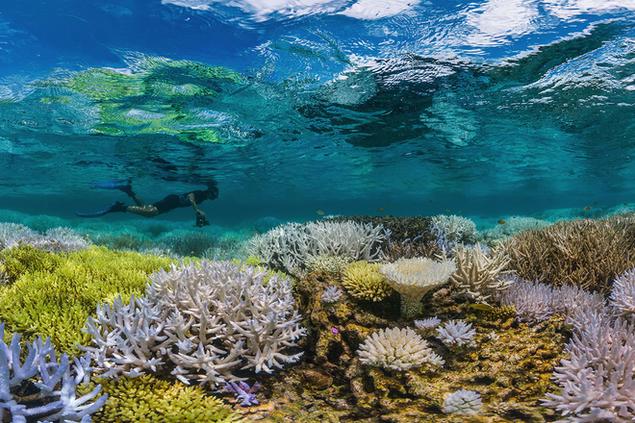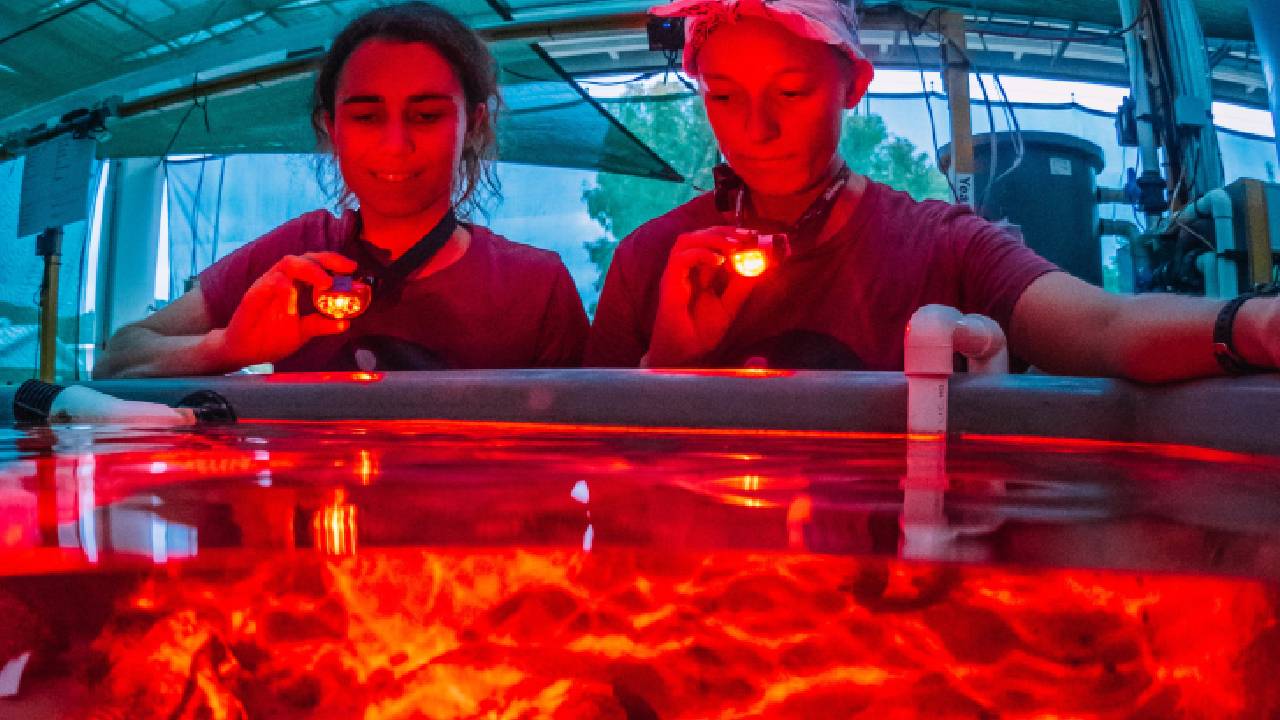L’Oreal continues to support sustainability with its biggest investment to date announced this week going to a Coral Restoration Project of the Great Barrier Reef.

This will enable the development of a world-first method of calculating a coral biodiversity credit scheme. Also, together with sister brand Garnier, the funding will enable the implementation of innovative coral IVF technology which aims to rejuvenate the decimated coral population.
This comes at a crucial time for our environment, particularly given devastating predictions of el niño this summer.

Alex Davison, CEO L’Oréal Australia and New Zealand, says : “I’m delighted to announce one of the largest investments with the Great Barrier Reef Foundation as part of the Eur 50M L’Oréal Fund for Nature Regeneration.
“Our objective is to plant 2 million heat-tolerant corals on the Great Barrier Reef by 2035 and to catalyze a new market for sustainable funding of these interventions based on a Coral Biodiversity Credit (CBC) scheme. The L’Oréal Group understands we have a role to play to contribute to important causes such as improving ocean and reef health.”
Australia’s own Great Barrier Reef is greater in size than United Kingdom, Holland and Switzerland combined, and is one of the most biodiverse ecosystems on our planet. It is home to around ten per cent of the world’s total fish species, and thirty different species of whales, dolphins, and porpoises have been recorded in the Great Barrier Reef.
However, climate change is disrupting the delicate balance of the entire reef eco-system, leading to species loss and declining ocean health. In fact, science is clear that if we do not intervene at scale within the next decade, 90% of coral reefs will die by 2050 across the world.






